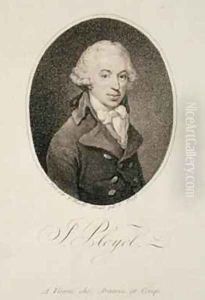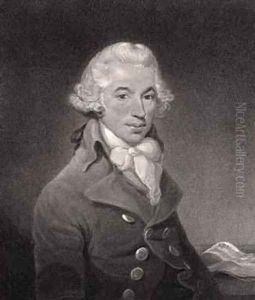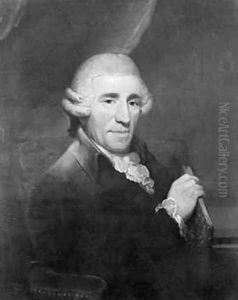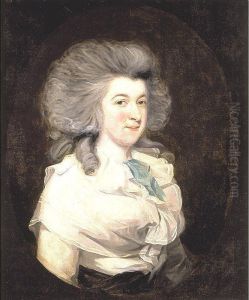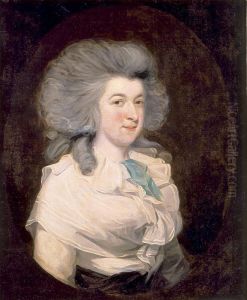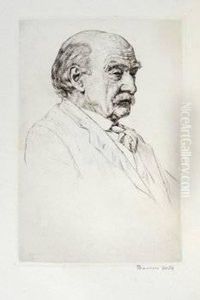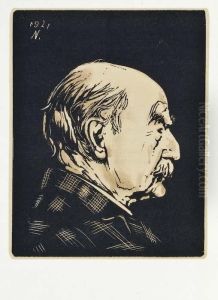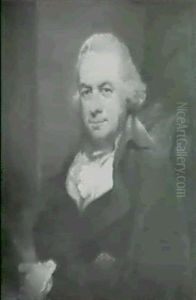Thomas Hardy Paintings
Thomas Hardy, though primarily celebrated as a novelist and poet, did not have a career in visual arts, which might be the focus when one speaks of an 'artist' in the traditional sense. Born on June 2, 1840, in Higher Bockhampton, Dorset, England, Hardy's legacy is firmly entrenched in the literary world. His rural upbringing significantly influenced his writing, often depicting the pastoral and sometimes bleak aspects of the English countryside. Hardy initially trained as an architect before fully committing himself to writing in the latter part of his 20s, a decision that would shape the course of English literature.
Hardy's literary career spanned more than half a century, during which he published numerous novels, short stories, and poems. His first popular success came with 'Far from the Madding Crowd' (1874), which allowed him to retire from architecture and devote himself entirely to writing. However, it was his subsequent novels, such as 'Tess of the d'Urbervilles' (1891) and 'Jude the Obscure' (1895), that cemented his reputation as a writer unafraid to tackle the social constraints and moral strictures of Victorian society. His works often explored themes of fatalism, the inexorable nature of fate, and the clash between individual desires and societal expectations.
Despite his success, Hardy's novels also attracted controversy, particularly for their critical stance on the institution of marriage and the church, leading to the harsh reception of 'Jude the Obscure'. Disheartened by the criticism, Hardy turned increasingly to poetry in the last thirty years of his life, producing several volumes of poetry that have since been recognized for their depth and lyrical quality. Notable collections include 'Wessex Poems' (1898) and 'Poems of 1912–13', the latter being an elegiac sequence mourning the death of his first wife, Emma.
Thomas Hardy died on January 11, 1928, in Dorchester, Dorset. His ashes were interred in the Poets' Corner of Westminster Abbey, a testament to his enduring legacy in English literature. Hardy's novels and poetry continue to be read and studied, not only for their narrative power and emotional depth but also for their rich portrayal of the English landscape and its changing social fabric. His work remains a pivotal part of the canon of English literature, bridging the Victorian era and the modernist movement that followed.
